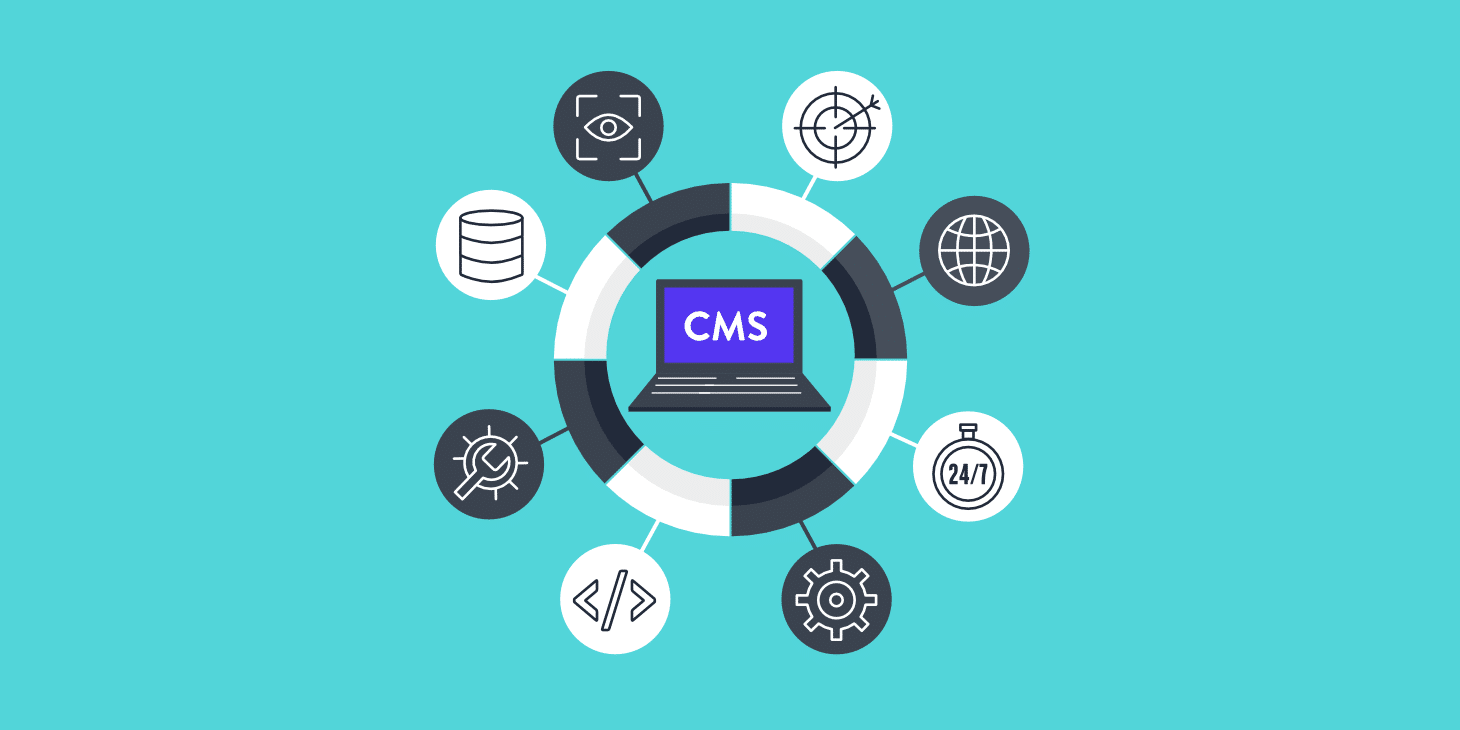A CMS like WordPress can change how you organize a website. Companies that make the choice of building around a CMS have a clear goal in mind. Some options are more popular than others, and you can always get the best hosting for WordPress by doing some research. Below are the top four choices in the CMS field when user friendliness is a concern. A few of the choice may come as a complete surprise for website builders.
4. Joomla!
What Joomla! lacks in plugin support it makes up for with flexibility. This CMS is perfect for users that have a lot of text-based content. Besides a few custom options for posting, the platform is also incredible on the management aspect. You can set up any page with its own custom template while monitoring important visitor traffic for statistics. The entire experience is done well, and they do a good job of not overloading you with plugins, templates or extra features. This is a nice tight platform that gets the job done in the fastest way possible.
3. Dotclear
For the blogger that wants a no-nonsense approach to creating, Dotclear lives up to its name. It never gets in the way of the creation process, even on larger projects. By sticking to the basic features, the platform still supports a wide variety of setups. When opting for advanced setup, it rivals even the bigger players in the industry. Out of all the great features provided by Dotclear, the RSS support is still considered one of the best.
2. Serendipity
Serendipity often gets lost in the shuffle when discussing quality CMS choices. Think of it as ‘WordPress Lite”, something that will appeal to smaller companies or startups. Businesses that want an alternative to WordPress turn to Serendipity for its similar but more streamlined features. In some cases, this platform has shown more compatibility than other CMS choices. At its core, Serendipity is a performance-based CMS with fantastic cache settings.
1. WordPress
WordPress is still the most widely used CMS in the world. It is used by millions of users and companies daily, and boasts the widest support for themes, templates and plugins. WordPress was built with user friendliness in mind and managed to keep that intact without losing any features. Because of all the bells and whistles, that user friendliness can vary greatly from site to site. The more plugins that are added to WordPress, the more complicated it becomes. The platform is simultaneously the most user friendly and the most complicated in the industry. To get the most out of it, users should always check for compatible plugins and verify the source.
Wrap Up
As a company, having options is always a good thing. It allows you to explore the most compatible features for your business. A CMS is no different, and should always represent your best values. By prioritizing user friendliness, consumers will be more likely to buy a product or service.
